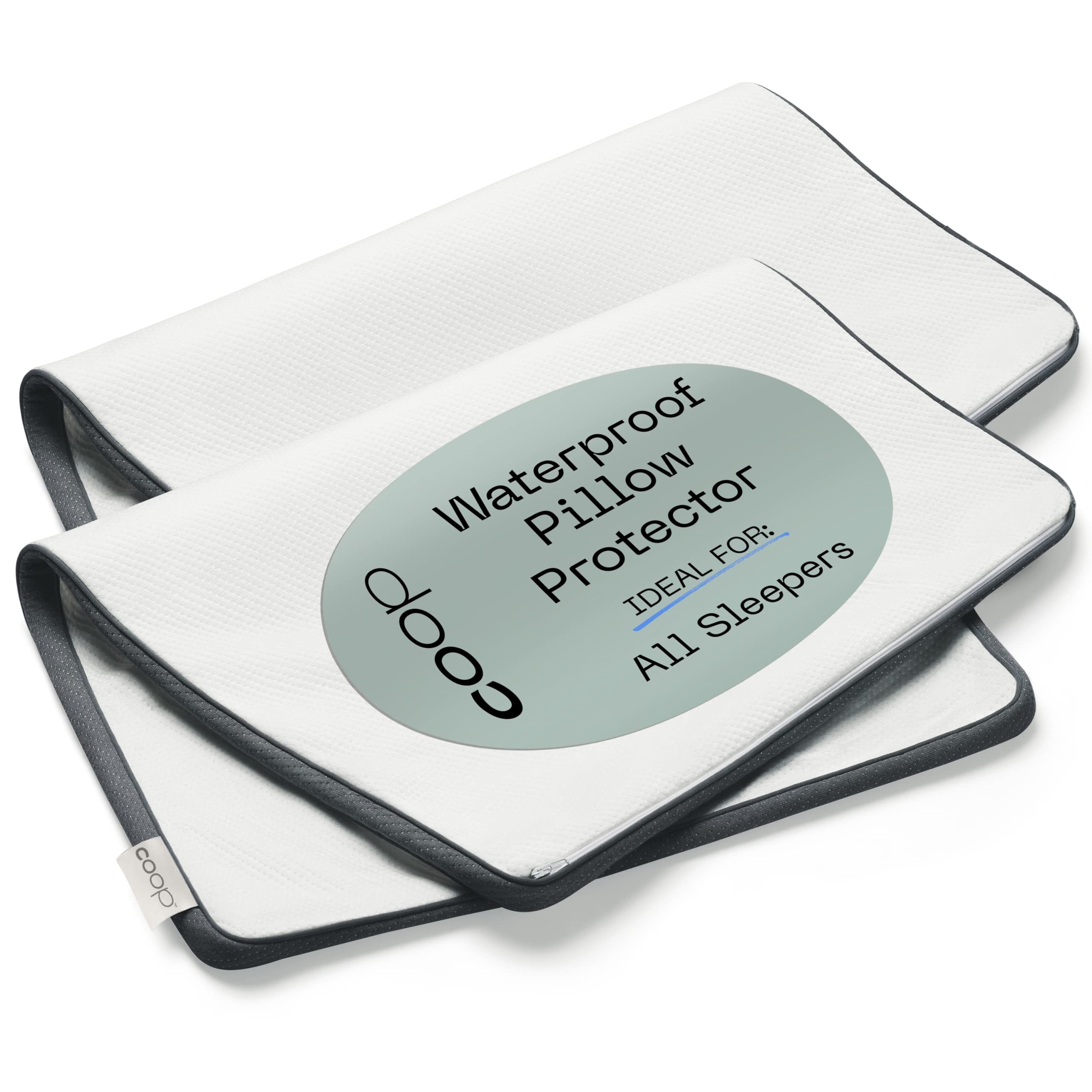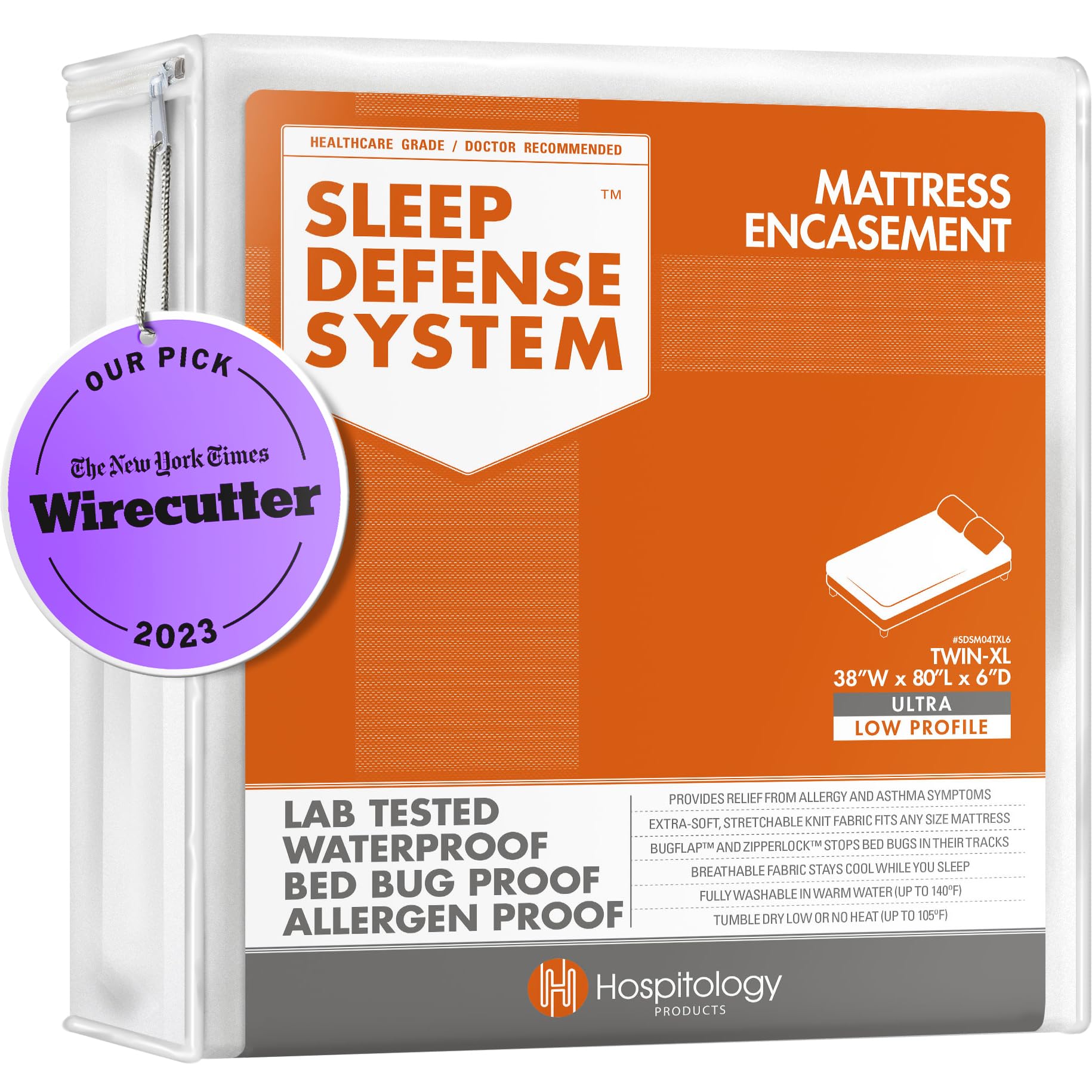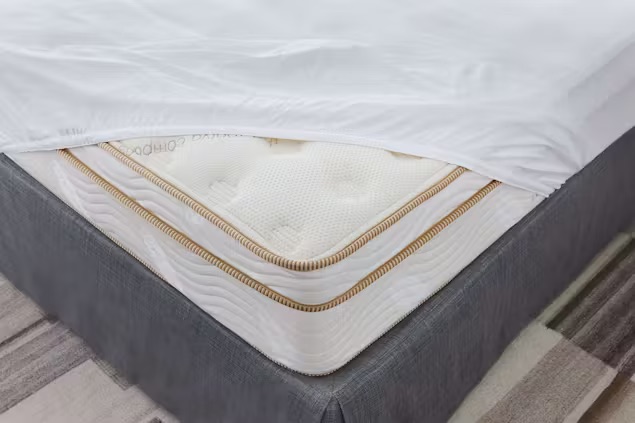Anti-Allergen Bedding
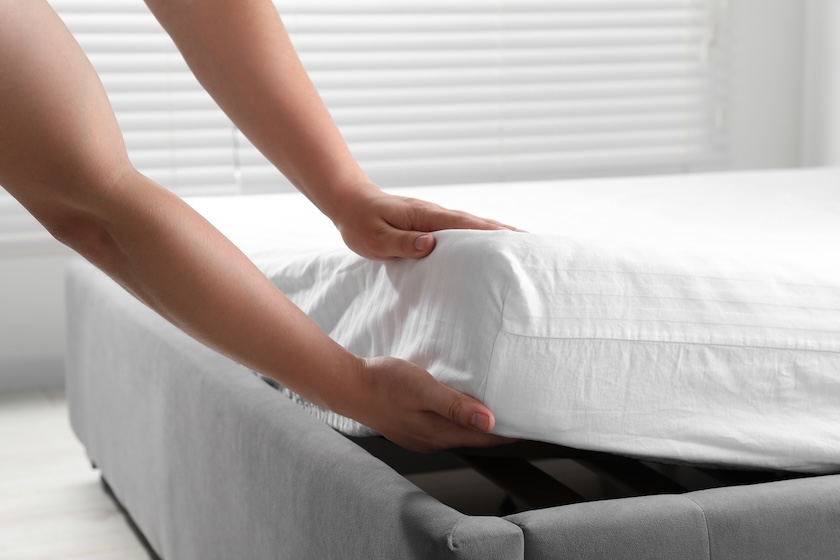
If you have allergies or respiratory conditions, you know how easily your sleep can be disrupted by allergens.
A good solution may be anti-allergen bedding. These are mattresses, pillow covers, and other bedding that can guard against allergens that may disturb your breathing and sleep.
See how your sleep quality stacks up.
Start here to get a baseline on how well you sleep and where you can improve.
Allergies and Sleep
Dust mites, pet dander, mold spurs, and other allergens can trigger your allergies and affect your sleep. Of course, they might be present in your bedroom, and you can’t even see them.
Benefits of Anti-Allergen Bedding
Anti-allergen bedding guards against these allergens to minimize allergic reactions at night. This can improve your respiratory health, reduce skin irritation, and create a more comfortable sleeping environment.
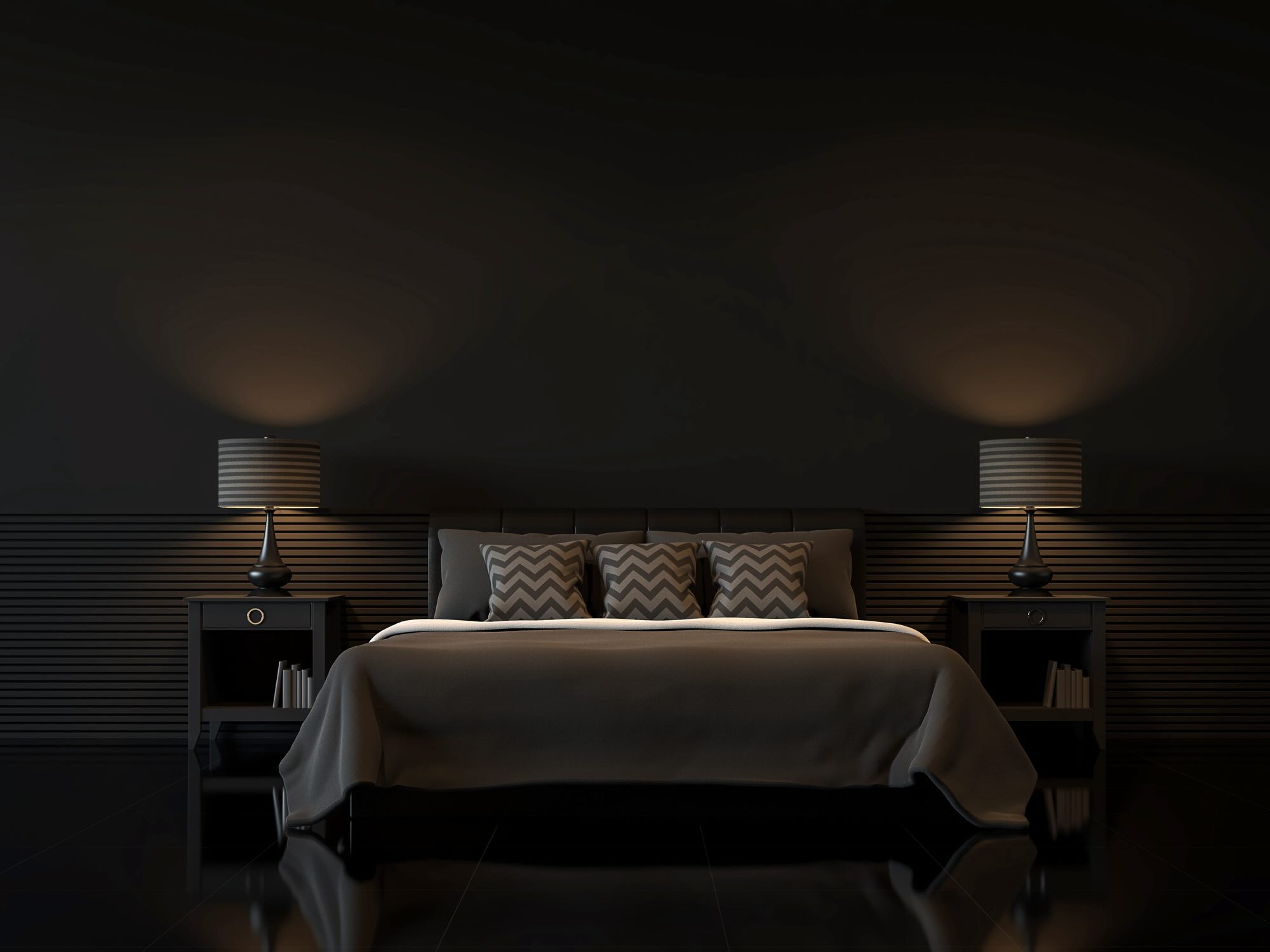
Optimize Your Room for Sleep Hygiene
Sleep hygiene refers to your sleep routine and the physical state of your bedroom. Discover the simple steps you can take to improve your bedroom environment and boost both the quality and quantity of your sleep.
Learn MoreHow to Choose Anti-Allergen Bedding
- Material: Select from materials like cotton, polyester, vinyl or blends, considering factors such as breathability, waterproofness and noise production.
- Fit: Decide between fitted or encasement styles, and choose between zippered or pull-on closures for ease of use.
- Additional Features: Consider bedding with cooling or temperature-regulating properties for added comfort.
Different Types of Anti-Allergen Bedding
- Waterproof: Protect from moisture like sweat, drool and oils.
- Hypoallergenic: For those who suffer from allergies.
- Temperature Regulating: Wicks away moisture and allows airflow.
- Special Materials: Organic cotton, synthetic, wool and others.
Who Might Benefit from Anti-Allergen Bedding
- Allergy Sufferers: Block dust mites, pet dander, and other allergens.
- Children: Protect from spills and accidents.
- Pet Owners: Protect from drool and pet dander.
- Hygiene Conscious: Provides a barrier to sweat, dead skin cells and other bodily fluids.
Who Would Not Benefit from Anti-Allergen Bedding
- Individuals with severe allergies or asthma (note: these are adjunctive to medical care).
- People with skin sensitivities.
- Those with severe eczema or psoriasis.
- Individuals prone to overheating or night sweats.
- People with mobility issues.

Relevant Research - Anti-Allergen Bedding
Anti-allergen mattress and pillow covers aim to improve sleep quality by serving as a barrier against allergens like dust mites, pet dander, and mold spores. These covers are beneficial for individuals with allergies or respiratory conditions, as they help reduce exposure to allergens that can cause disruptions like coughing or sneezing during the night. Additionally, they can mitigate skin irritations and maintain a cleaner sleeping environment.
However, the effectiveness of these covers in significantly improving clinical symptoms of allergies is not conclusive. A study in the New England Journal of Medicine noted that while they reduce allergen exposure, clinical improvement of symptoms may not be guaranteed (NEJM). Another study suggested potential improvements in allergic rhinitis symptoms with the use of allergen-avoidance measures in the bedroom (Yonsei Medical Journal). This indicates that while anti-allergen covers can create a cleaner and more comfortable sleep environment, they do not improve sleep in isolation.

.jpg)
